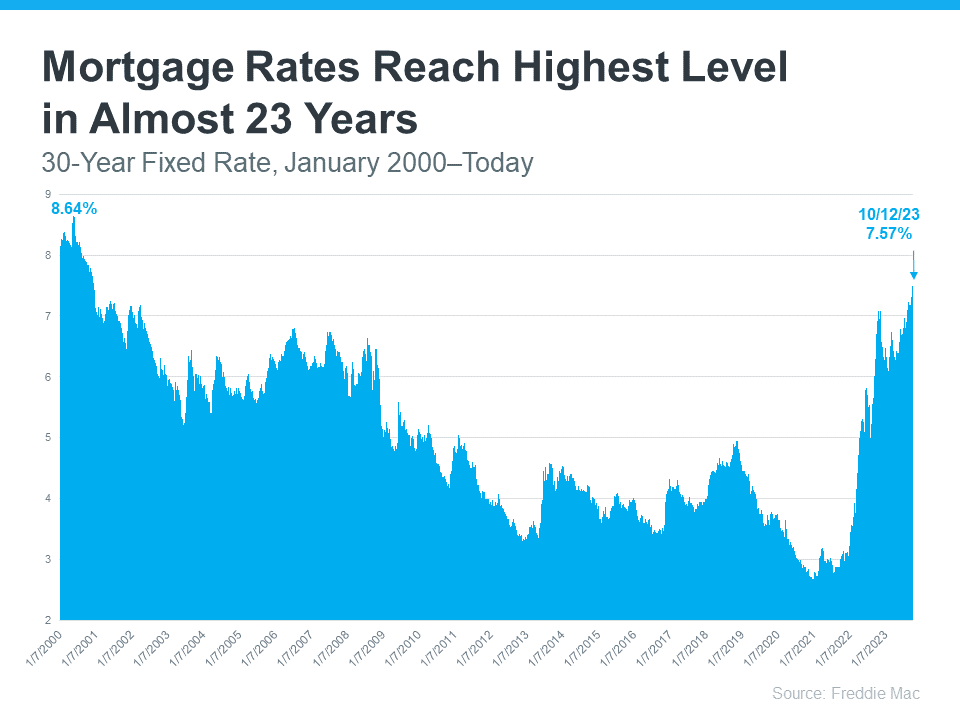The world of real estate is no stranger to fluctuations, but in recent times, there has been a huge shift that is sending shockwaves through the housing market. Interest rates are currently the highest they've been in 23 years, and this phenomenon is dramatically altering the dynamics of the real estate industry. In this blog post, we'll explore the reasons behind the surge in interest rates and how it's affecting the housing market.
The Surge in Interest Rates
In early 2023, interest rates began to climb, reaching levels not seen in over two decades. This abrupt shift can be attributed to several factors, including changes in monetary policy, inflationary pressures, and global economic conditions. Central banks around the world have raised benchmark interest rates to combat inflation and ensure economic stability, which has had a direct impact on borrowing costs for consumers.
The Housing Market Impact
-
Increased Mortgage Costs: The most immediate and obvious effect of rising interest rates is higher mortgage costs for homebuyers. As interest rates climb, the cost of borrowing money to purchase a home becomes more expensive. This puts pressure on potential buyers as they must now consider larger monthly mortgage payments, potentially making homeownership less affordable.
-
Reduced Affordability: The housing market has been characterized by high demand and limited supply in recent years. With higher interest rates, many potential homebuyers may find it challenging to afford a home, causing a decline in the number of people actively searching for properties. Reduced demand can lead to slower home price growth and potentially lower home values.
-
Impact on Home Sales: Higher interest rates tend to suppress home sales as fewer buyers can afford to enter the market. This could lead to a slowdown in the turnover of real estate properties, impacting real estate agents, homebuilders, and various related industries.
-
Refinancing Challenges: Current homeowners who had previously refinanced at lower interest rates may find it less appealing to do so now. Higher rates mean they won't benefit from significant savings, and some may even opt to stay with their current mortgage terms, potentially reducing the inventory of homes available for sale.
-
Rental Market Growth: As homeownership becomes less attainable for some, there may be a shift towards renting. This could lead to increased demand in the rental market, potentially driving up rental prices. Investors in the rental property sector may find this trend beneficial.
-
Regional Variations: The impact of rising interest rates will vary across different regions and cities. In areas where housing prices are already high, higher rates might lead to a more substantial decline in demand. However, in regions with more affordable housing, the impact may be less severe.
The current 23-year high in interest rates has created a challenging environment for both potential homebuyers and the housing market as a whole. The surge in interest rates has led to increased mortgage costs, reduced affordability, and a potential slowdown in home sales. However, the specific impact on the housing market will vary depending on regional conditions, market dynamics, and the overall economic environment.
While higher interest rates do present challenges, they are not the sole determinant of the housing market's fate. Other factors, such as job growth, housing supply, and government policies, will also play critical roles in shaping the future of the real estate industry. As always, it is crucial for homebuyers, sellers, and real estate professionals to stay informed and adapt to the evolving market conditions.
If you have any questions about purchasing a home in this market, please give me a call or send me an email, let's sit down and chat. Even with higher interest rates, there is SO much opportunity in this market for buyers.
Between rate buydown programs, seller concessions, and price reductions, you can still find a home you love for a steal.





